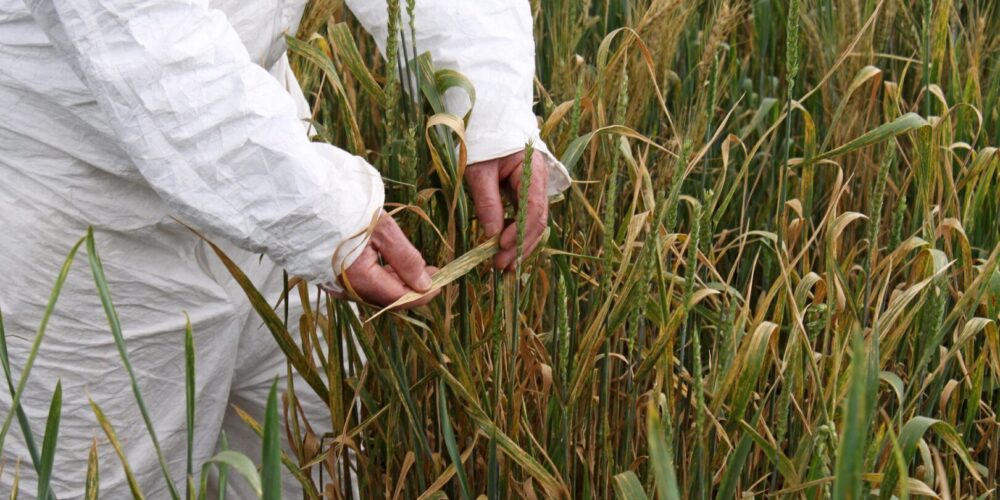Whole-of-sector collaboration to tackle challenges facing WA agriculture

Curtin University is part of a new agricultural science collaboration aimed at boosting Western Australia’s agricultural research and development capabilities in light of climate change and other challenges facing the industry.
Joining forces for the new WA Agricultural Research Collaboration (the Collaboration) are leading scientists from Curtin, the Department of Primary Industries and Regional Development (DPIRD), Australia’s national science agency CSIRO, Edith Cowan University, Murdoch University and The University of Western Australia.
Backed by State Government investment of $25 million over three years, the Collaboration will build on existing research efforts to develop and apply world-class science and expertise to WA’s unique challenges and opportunities while contributing to national and international agricultural priorities.
Curtin University Deputy Vice-Chancellor Research Professor Chris Moran said the Collaboration was an exciting opportunity to support WA primary producers to adopt innovative new agricultural technologies across grains, livestock and irrigated agriculture.
“This initiative will demonstrate the value of long-term collaboration to support research activities that deliver better bottom-line solutions to the agricultural industry during challenging and uncertain times,” Professor Moran said.
“The Centre for Crop Disease Management, supported by both Curtin and the Grains Research and Development Corporation, will spearhead our contribution to the Collaboration and I look forward to seeing the research outcomes make a positive difference to farm businesses and the wider agricultural community and economy.”
The Collaboration will feature six programs, with the first three focusing on boosting agricultural productivity and profitability in the face of climate change. These include the Northern Agriculture program centring on sustainable growth of irrigated agriculture and WA’s northern beef industry; Grains Transformation, which aims to transform the grains industry to achieve an average 25 million tonne crop per annum by 2035; and Climate Resilience, which will address the impacts of climate change through technologies to reduce carbon emissions.
The other three programs will support the growth and long-term sustainability of WA’s agricultural industry, and will encompass agricultural technologies, the participation of Australian First Nation people’s and capacity building for growers.
The Collaboration will also support opportunities for the next generation of leading scientists to develop larger programs of work with postgraduate scholarships supported by the participants and industry.
The WA Agricultural Research Collaboration participants will be working together over the next six to 12 months to finalise the programs of work, governance structure, industry engagement and employment of leadership and operational staff.
The Collaboration will attract additional funding from all participants and other funders, including industry-based research and development corporations and is expected to be fully operational in early 2023.



